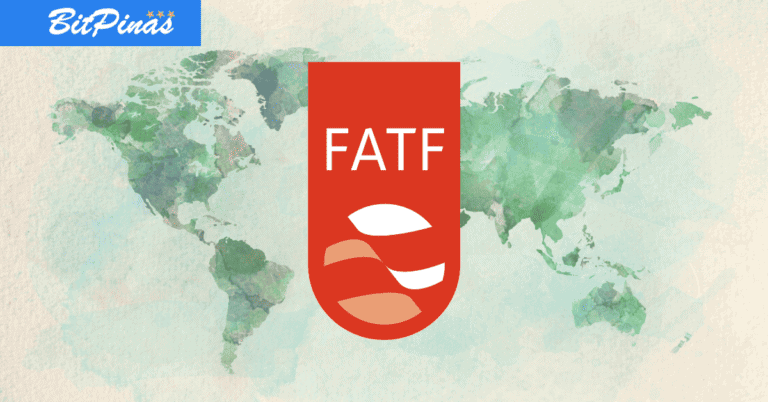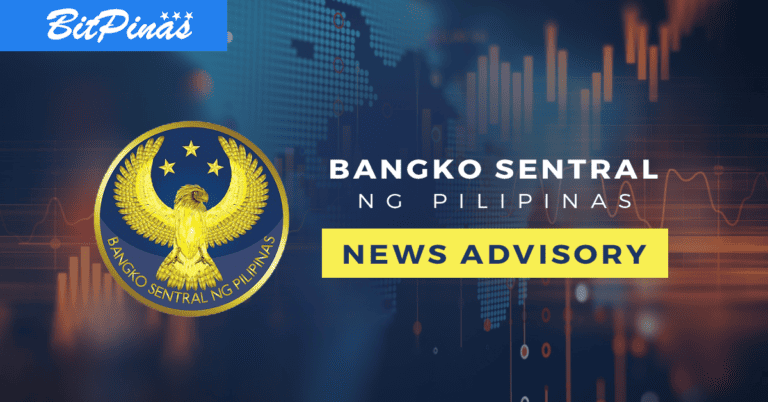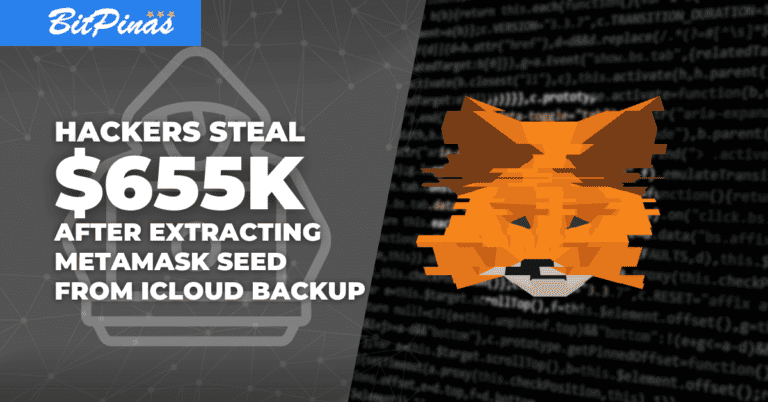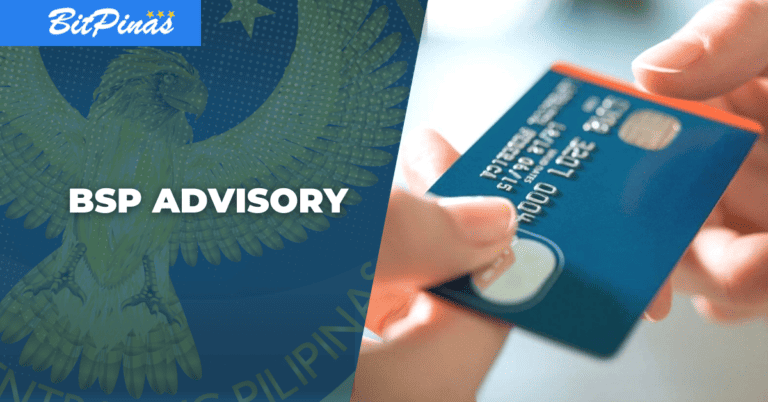ANC Report: BSP Still Pursuing CBDC Project
“The BSP is currently pursuing what we call the Project CBDCPH,” Ganapin added.
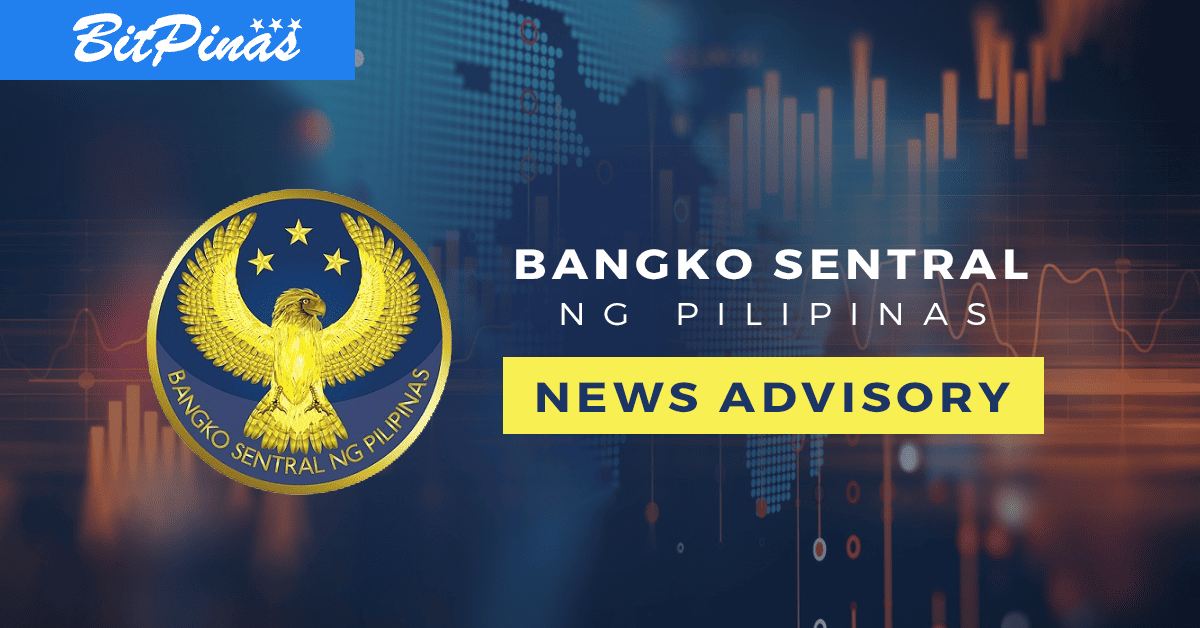
Subscribe to our newsletter!
The Bangko Sentral ng Pilipinas (BSP) responded that it is already adopting Central Bank Digital Currencies (CBDC) in response to the United Nations Economic and Social Commission for Asia and the Pacific’s (UNESCAP) recommendation that nations do so as a means of accelerating economic growth.
BSP Proactive Approach
“We are taking a proactive stance in learning and understanding the technology that drive the emergence of alternative payments to better identify the benefits, the risks, as well as the policy implications of such innovation,” says Lara Romina Ganapin, Director of the Department of Economic Research of the BSP.
“The BSP is currently pursuing what we call the Project CBDCPH,” Ganapin added.
However, it can be remembered that when Department of Finance Secretary Benjamin Diokno appeared before the Senate to discuss digital assets, he noted that the research of the BSP concluded with the recommendation to pause the CBDC project and instead focused on existing payment rails that the country already have – InstaPay and PESONet.
United Nations Economic and Social Commission for Asia and the Pacific’s (UNESCAP) Recommendation for CBDC
“The CBDC, if it is designed in the right way, in sort of a direct token-based retail system, it helps in financial inclusion, because consumers do not have to rely on verifying [the other] person’s identity,” said Shuvojit Banerjee of UNESCAP.
“It also increases the efficiency of making payments because it avoids a lot of transaction costs,” Shuvojit added, noting that CBDC will allow governments and central banks not to be left out of the increasing innovation happening in finance because of the blockchain, which private issuers of currencies are taking advantage of.
Shuvojit is referring to stablecoins that are privately issued, such as Tether (USDT) and USDC, which are produced by the businesses Tether Inc. and Circle, respectively.
However, while the blockchain and CBDC can offer solutions for financial inclusion, James Villafuerte, Senior Economist for Southeast Asia at the Asian Development Bank (ADB), claims that the digital economy won’t be an effective tool against inequality if the blockchain is not secure and free from incidents like hacking. The ANC report cited the recent hacking of Axie Infinity, although the report incorrectly attributed it to blockchain hacking while it should be noted that it was the “Bridge” that was hacked and not the blockchain itself.
“There’s a lot of cybercrime, for example identity theft, so the region should also invest in building smart and robust regulation to ensure protection of data privacy, as well as putting up regulatory precautions so that cybercrime can be prevented,” Villafuerte stressed.
This article is published on BitPinas: ANC Report: BSP Still Pursuing CBDC Project
Disclaimer: BitPinas articles and its external content are not financial advice. The team serves to deliver independent, unbiased news to provide information for Philippine-crypto and beyond.

